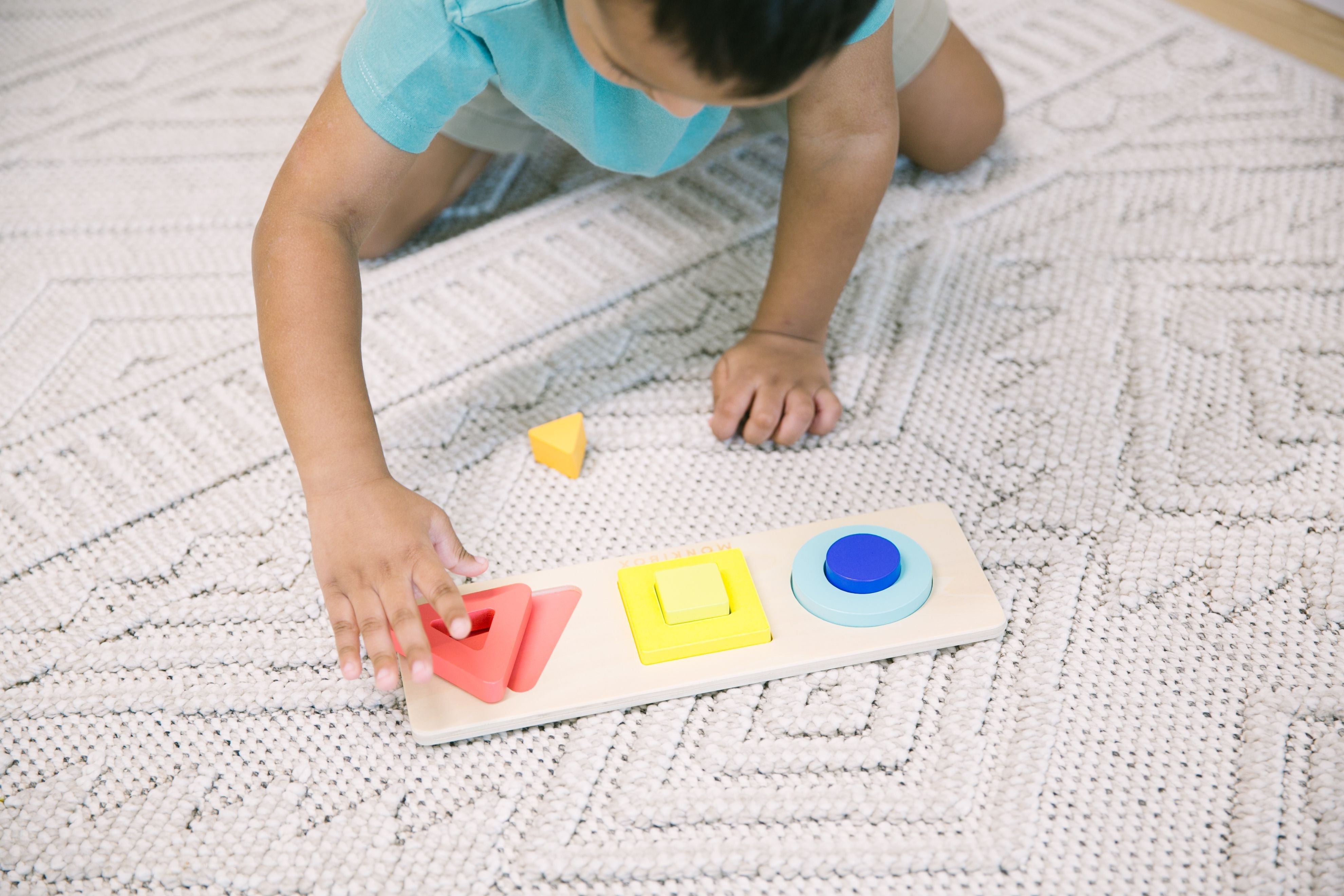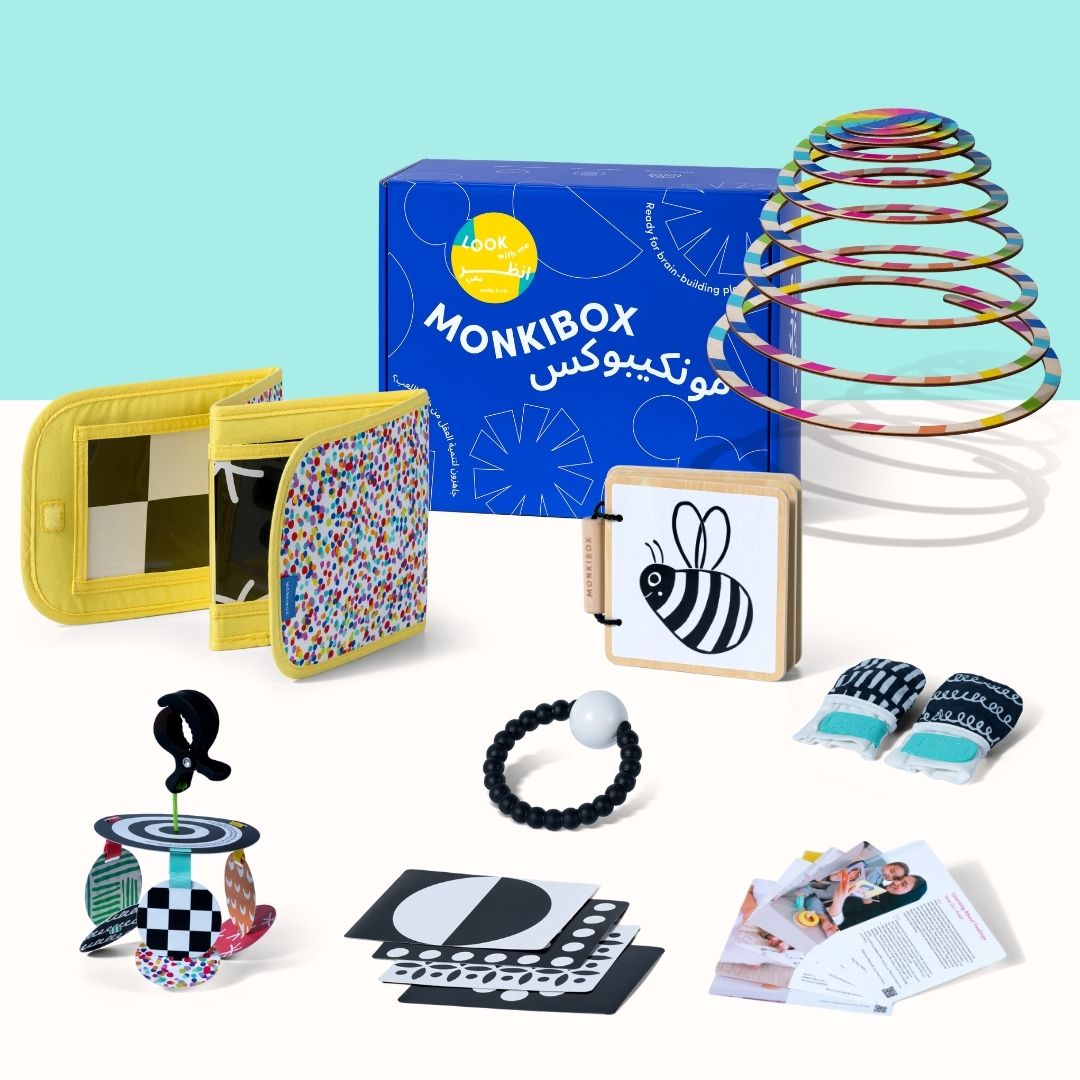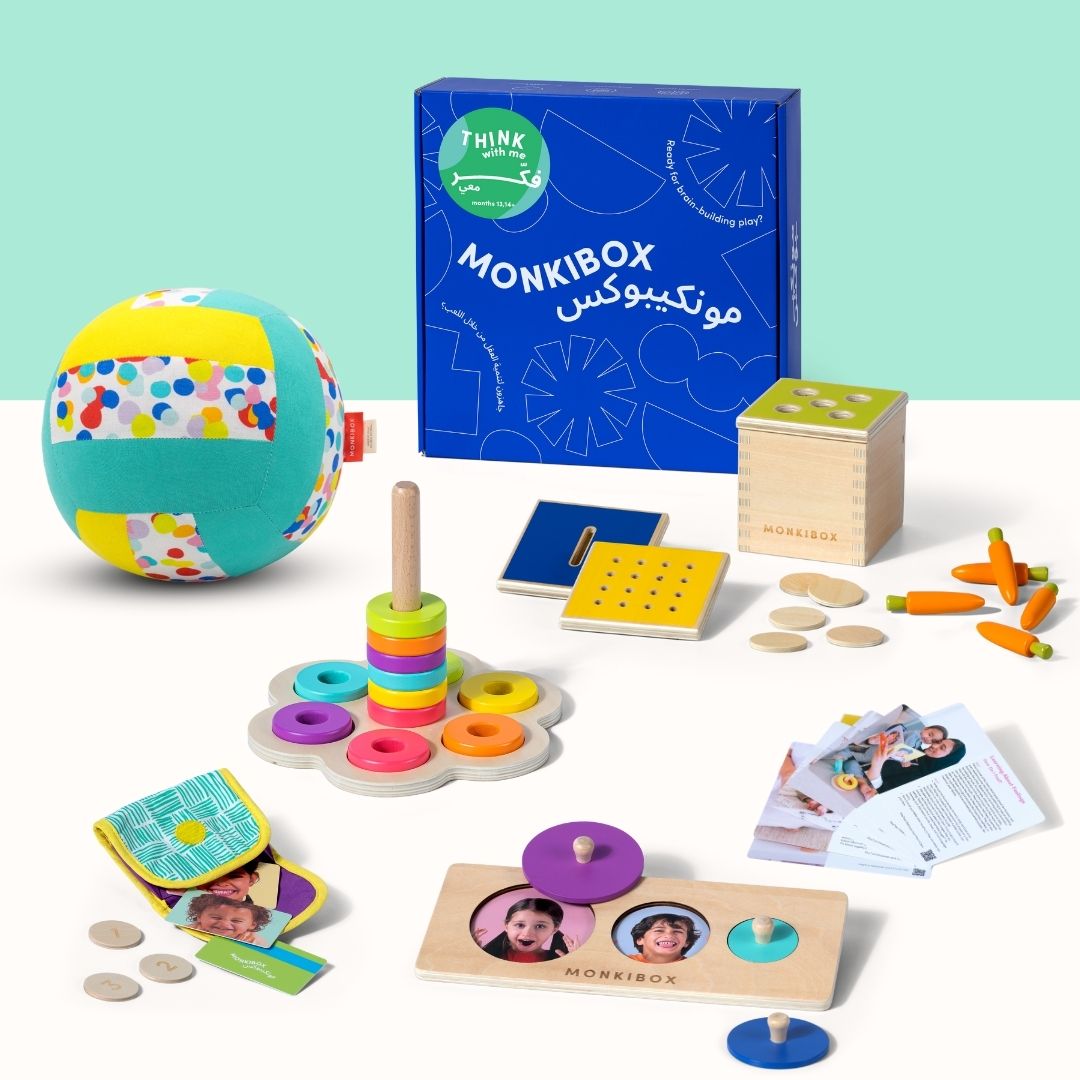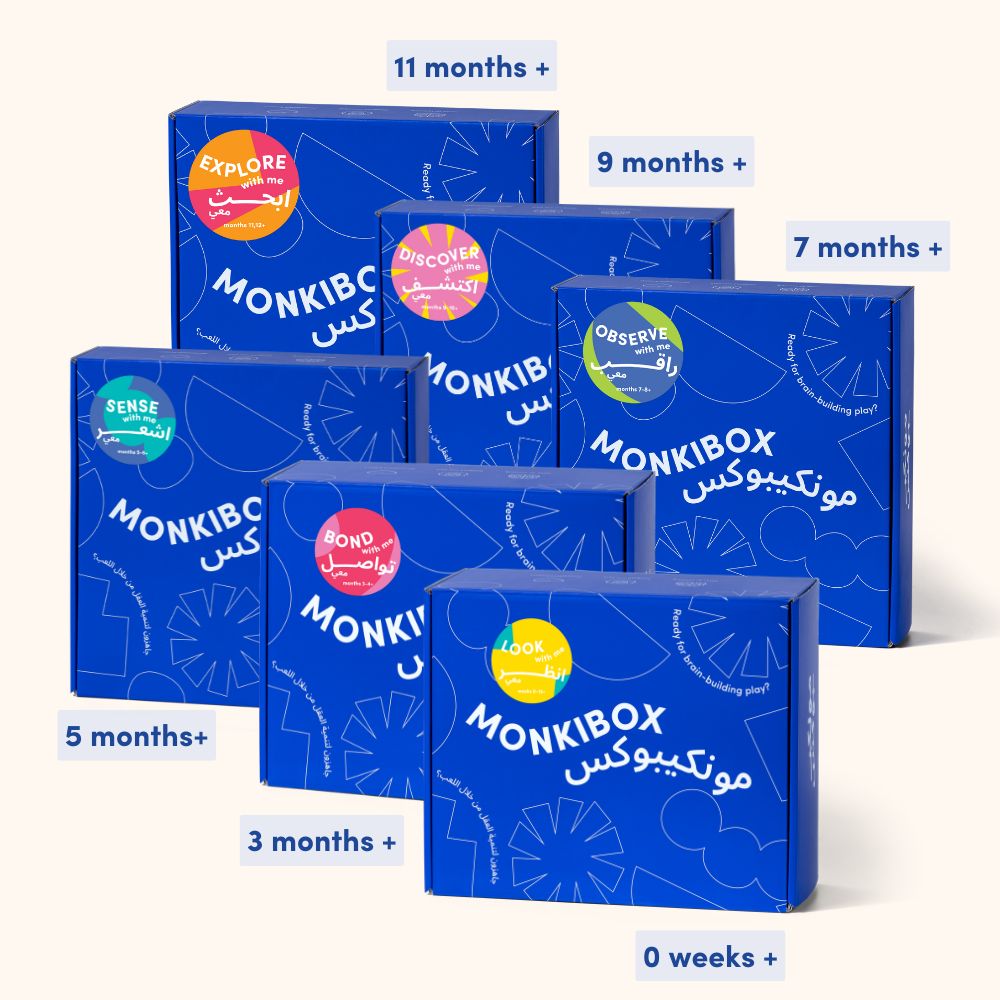إن تعريف طفلكِ بمفاهيم الرياضيات الأساسية في وقت مبكر يُساعده على بناء أساس متين للتعلم في المستقبل. تُظهر الأبحاث أن إشراك الأطفال الصغار في أنشطة متعلقة بالرياضيات يُعزز نموهم المعرفي ويعزز لديهم موقفًا إيجابيًا تجاه التعلم. إليكِ بعض الاقتراحات الرائعة لتعريف طفلكِ بمفاهيم الرياضيات بطريقة ممتعة وتفاعلية.
1. العد بطريقة مرحة
أدرج العد في روتينك اليومي من خلال المشاركة في ألعاب العد أثناء اللعب. سواء كنت تعد الألعاب أو الخطوات أو الوجبات الخفيفة، اجعلها تجربة ممتعة وتفاعلية. على سبيل المثال، يمكنك أن تقول: "هيا نحصي عدد المكعبات التي يمكننا تكديسها!". هذا لا يُعرّف الطفل على الأرقام فحسب، بل يجعل التعلم أشبه باللعب.
2. استكشاف الشكل
عرّف طفلك على الأشكال الأساسية من خلال الألعاب أو الأدوات اليومية. استخدم كلمات مثل "دائرة" أو "مربع" أو "مثلث" أثناء اللعب لتعريفه بهذه المفاهيم. يمكنك الإشارة إلى الأشكال في محيطك، مثل العجلات الدائرية في السيارة أو الشكل المستطيل للكتاب، مما يجعل التعرف على الأشكال جزءًا طبيعيًا من بيئة طفلك.
3. متعة الفرز
شجّع طفلك على تصنيف الأشياء حسب اللون أو الشكل أو الحجم. يُنمّي هذا النشاط مهارات التصنيف المبكرة ويساعده على فهم مفهوم التجميع. على سبيل المثال، يمكنك أن تطلب من طفلك تجميع جميع المكعبات الحمراء معًا أو فرز الأزرار حسب الحجم. يُعدّ الفرز طريقة ممتعة لتنمية مهارات التفكير المنطقي وحل المشكلات لديه.
4. كتل البناء
يُساعد اللعب بمكعبات البناء على تنمية الوعي المكاني ومفاهيم الهندسة الأساسية. شجّع طفلك على تكديس المكعبات، وبناء الأبراج، واستكشاف ترتيبات مختلفة. أثناء اللعب، يمكنك التحدث معه عن مفاهيم مثل "طويل" و"قصير" أو "أكثر" و"أقل"، مما يُعرّفه على مفردات الرياضيات المبكرة بطريقة عملية.
5. التعرف على الأرقام
استخدم أدوات يومية كالفواكه والألعاب، أو حتى الخطوات، لتعريف طفلك بالأرقام. على سبيل المثال، عدّ التفاحات على الطاولة أو حدّد الأرقام على الساعة. تكرار الأرقام والتعرّف عليها في سياقات مختلفة يساعد طفلك على إدراكها وتذكرها.
6. العب بالألغاز
قدّم ألغازًا مناسبة لعمر طفلك تتضمن مطابقة الأشكال أو تركيب القطع معًا. يُساعد حل الألغاز على التفكير المكاني وحل المشكلات، كما يُعزز مفاهيم مثل الشكل والحجم. تُعدّ الألغاز طريقة رائعة لدمج اللعب مع التعلم، مما يجعل الرياضيات ممتعة وسهلة الفهم.
7. حديث الرياضيات
أدمج لغة الرياضيات في محادثاتك اليومية. تحدث عن مفاهيم مثل "أكثر"، "أقل"، "كبير"، و"صغير"، أو قارن الكميات خلال المهام الروتينية، مثل وقت الوجبات الخفيفة. هذه المحادثة الرياضية غير الرسمية تساعد طفلك على التآلف مع المفاهيم واللغة الرياضية.
التحضير المبكر للرياضيات رحلة شيقة يمكن دمجها بسلاسة في أنشطة طفلك اليومية. بجعل الرياضيات ممتعة وتفاعلية، تُرسي أسسًا لسلوك إيجابي تجاه التعلم، وتساعد طفلك على تطوير مهارات معرفية مهمة. تذكر أن الهدف هو جعل الرياضيات جزءًا طبيعيًا وممتعًا من تجارب طفلك اليومية، مما يُمهد الطريق لنجاحه المستقبلي في المدرسة وخارجها.





